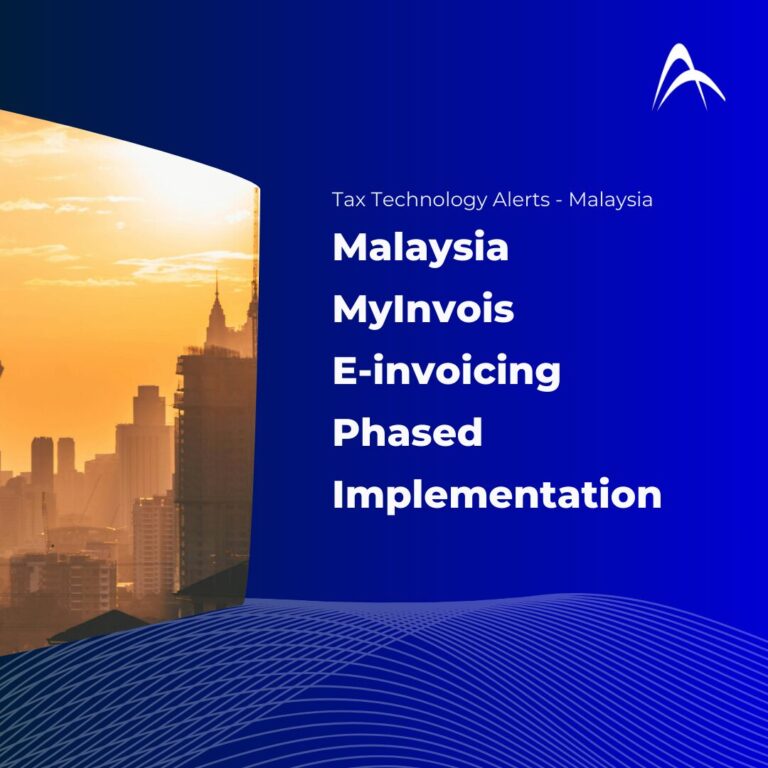Type: Legislation
On March 15, the European Union’s Council agreed to implement the VAT e-commerce package, which took effect on July 1, 2021.
The package contains provisions that would:
- Establish simplified VAT laws for cross-border e-commerce
- Update tax regulations to address the digital economy’s tax issues
- Streamline the administrative procedure to fight tax fraud
- Remove the EUR 150 threshold for the implementation of the import one-stop-shop (IOSS) scheme
- Extend the one-stop-shop (OSS) system to all business-to-business transactions
- Launch the Digital Age Initiative, which will standardize digital reporting criteria
Furthermore, the Council of the European Union calls on the Commission to ensure that all proposals it intends to submit to the Council are fully assessed in terms of their economic, administrative, and social costs, as well as benefits to taxpayers and tax authorities, as well as their impact on EU and Member States’ IT capacities and required implementation periods, as well as fundamental rights such as data protection.
Effective date: 15 March 2022



